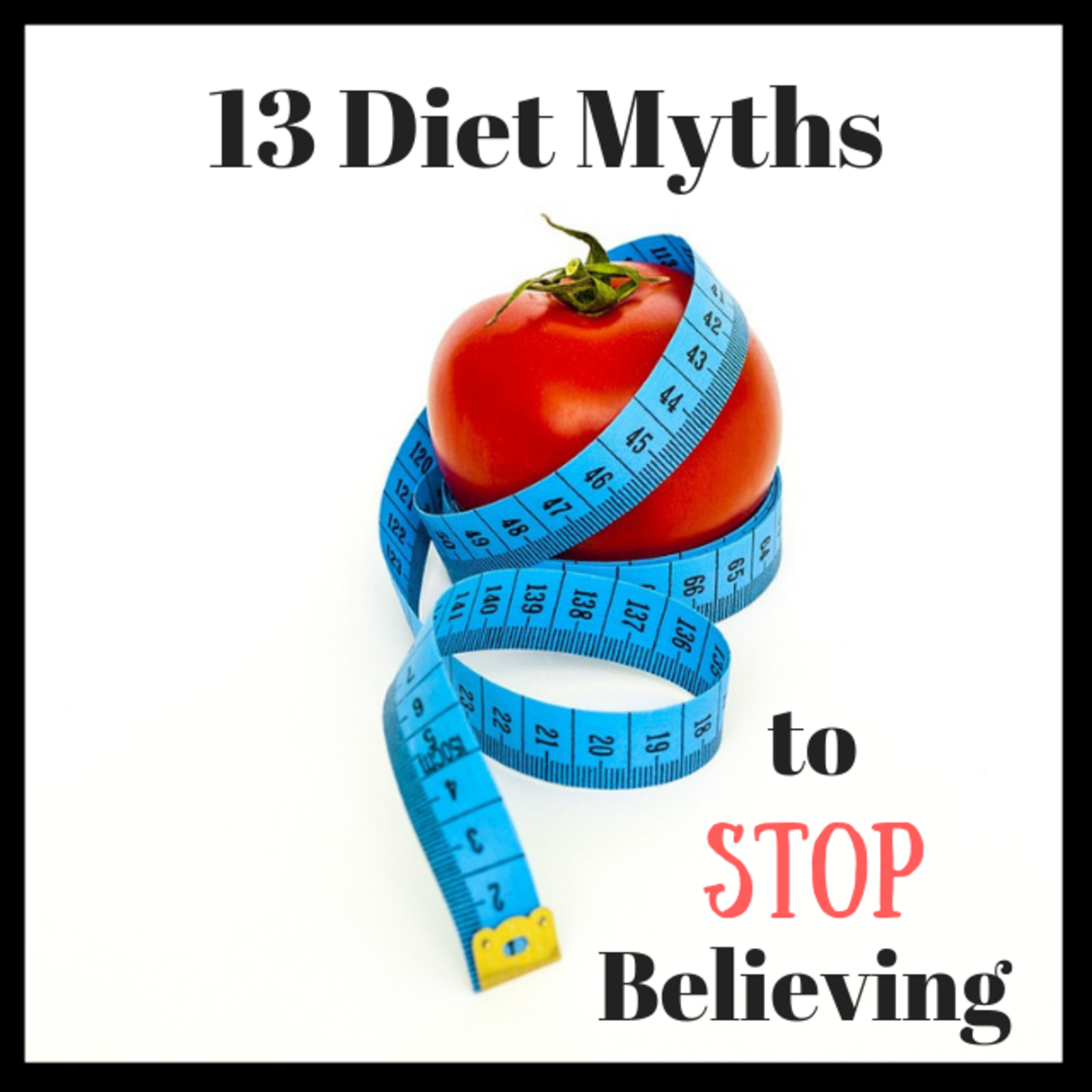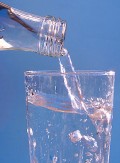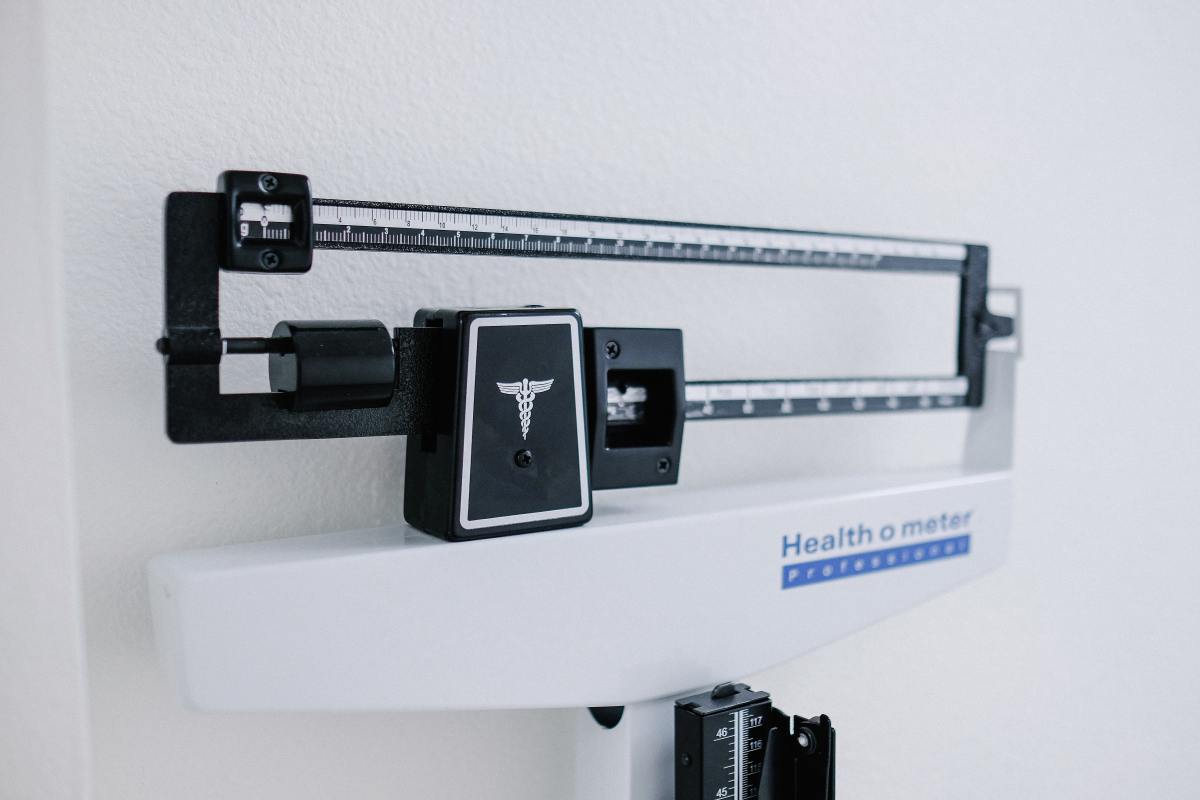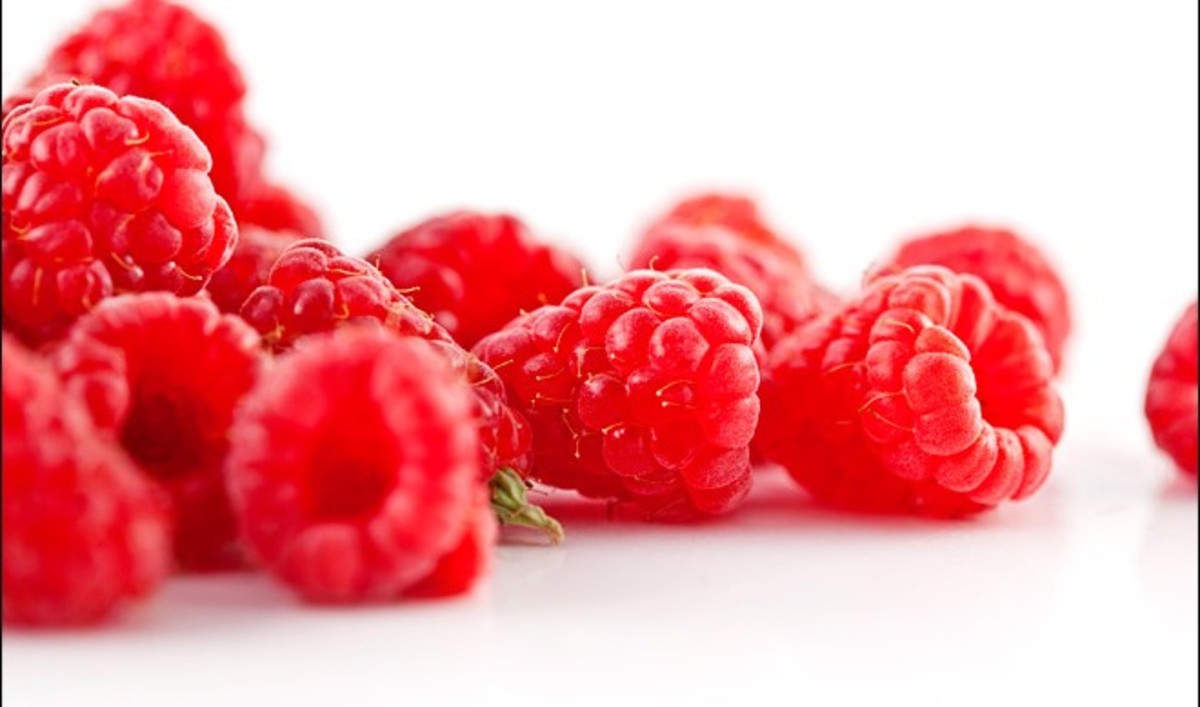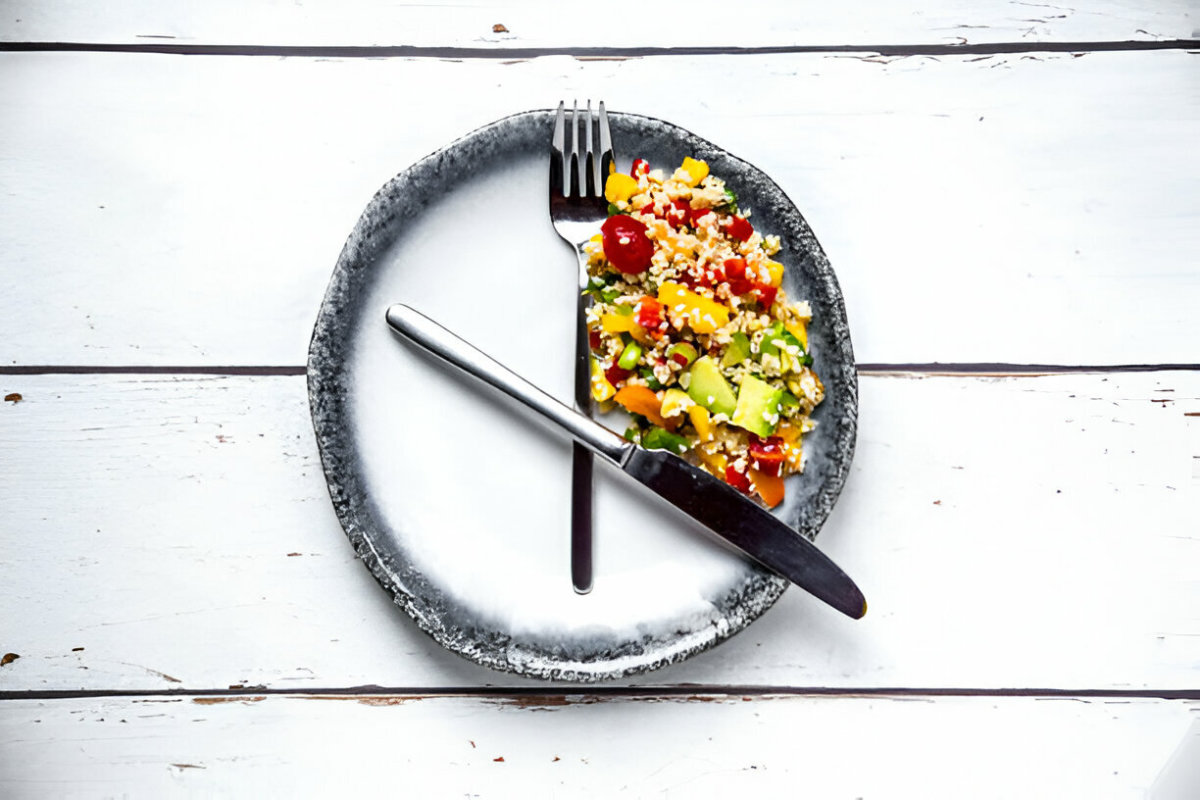Detox Diet: The Solution to Stalled Weight Loss
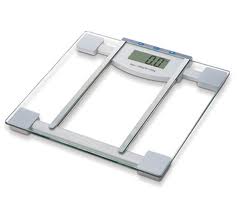
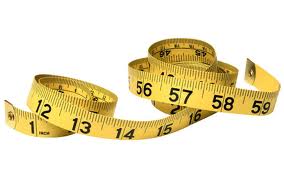
Have you or someone you know ever reduced calories, exercised, and lost very little weight or even lost some weight but then stalled your weight loss? This situation is what frustrates so many people who have a desire to lose weight but just end up throwing their hands up in frustration because they just can't get the results they're looking for.
In order to fix this problem, you have to consider that there are other things affecting your weight loss other than just calorie input versus calorie burn. Traditionally, I think we all understand that to lose weight, you have to burn more calories than what you are taking in (eating and drinking). However, sometimes you can be burning more calories than what you're taking in and you still won't lose that stubborn fat.
The typical response when this happens is to give up on the diet and enjoy a period of eating everything you stayed away from during your diet. Splurging on all these foods only lasts temporarily until you decide that it must've been the wrong diet and choose a different diet.
Interestingly, this inability to lose stubborn fat can be a defense mechanism that the body does to protect you. The body often holds onto stubborn fat to protect you from toxins being released because toxins are commonly stored in fat stores within our body (especially in the lower belly, hips, and thighs).
Toxins
The body stores toxins in the fat when it encounters so much that it can't process them fast enough. It does this to protect our vital organs, diverting the toxins for holding in the fat stores instead. Besides storing toxins in fat stores, they can also be stored in the thyroid, brain, central nervous system, and liver. This defense mechanism that protects our body from toxins can cause other health problems for people who struggle to lose weight (such as high blood pressure, diabetes, heart disease, etc.).


Whole Foods vs Processed Foods
In order to fix this problem, people need to eliminate toxins from their diets and eat whole foods (foods that have not been processed). Our bodies were designed to eat foods that have one ingredient instead of boxed foods that have so many ingredients, many of them that it is impossible to know what that ingredient is.
Eating processed foods puts a lot of strain on our bodies and often times has toxins in them. In fact, they can even contain addictive ingredients so that we want more and more. The companies know this and purposely put these addictive ingredients in their food so that we will eat more than we should. In fact, fast food restaurants are notorious for including these addictive ingredients in their food.
Besides staying away from processed foods, it is also important to stay away from foods that are commonly allergenic. Those foods are dairy, wheat, and soy. Even if you don't know that you are allergic to these foods, you may be. Eating allergenic foods causes your body to have a toxic response when you eat them.
You also want to stay away from foods that you regularly eat or over-eat in order to give your body a break from them. This detox diet can be thought of as a cleaning fast to fill your body with only good things and help to rid your body of the bad stuff.
During your detox diet, it is important to try to eat as many organic foods as possible. One way that we get toxins in our food supply is from the pesticides and herbicides that the food is treated with. In order to get rid of the toxins in your body, you need to lessen the ones that you are ingesting at the time.
Avoid
| Can Have
|
|---|---|
all breads (gluten, white flour, wheat, rye, barley, tortillas, white rice)
| brown rice (cakes, tortillas, pastas)
|
caffeine, coffee, sodas, diet sodas
| Bob's Red Mill oatmeal (gluten free)
|
alcohol
| green tea
|
nitrates and msg
| water with lemon
|
peanuts (including peanut butter)
| almond butter
|
artificial sweeteners
| stevia
|
sugar or honey
| xylitol
|
vinegar products (including mustard, pickles)
| blue agave nectar
|
soy
| |
dairy (milk, cheese, cream, sour cream)
| almond milk (unsweetened)
|
bananas, melons, grapes, red apples, no dried fruit
| green apples, berries
|
Foods to avoid and foods you can have while following a detox diet.
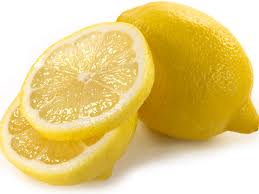
Detox Cleanses
The second part of the detox diet is to detoxify the organs that get gunked up with toxins such as the liver, gallbladder, kidneys, lungs, and skin. There are different types of cleanses.
An example of a mini-cleanse for the liver is to take a fresh lemon and squeeze it to get fresh lemon juice. Mix in (or take it right after the lemon juice) a tablespoon or two of extra virgin olive oil.
There are many in-depth cleanses that you can find in books such as the Nutritional Healing book. You can also search online for cleanses as well. Many liver and gallbladder cleanses use epsom salts. There are many doctors that are knowledgeable in this area (natural practitioners) that facilitate cleanses such as these.
I've used a detox tea made by Arbonne in addition to their 7 Day Body Cleanse. These cleanse options are gentle and can be done while continuing with your daily activities.
Conclusion
Many people struggle to lose weight or their weight-loss stalls due to the toxins that are stored in their fat stores. In order to lose the fat that still remains, they need to detox their bodies. In fact, it's important for everyone to periodically detox their bodies to help our body to function optimally.
I've learned so much in the last couple of years about toxins and the havoc that they wreak on our bodies. I feel compelled to pass on the information that I've learned and only hope that I can help others to be healthy from the inside-out.
I'd be glad to answer any questions that people may have about this diet. I would love to hear success stories from people who do this detox diet.
Wishing everyone optimal health and wellness!

